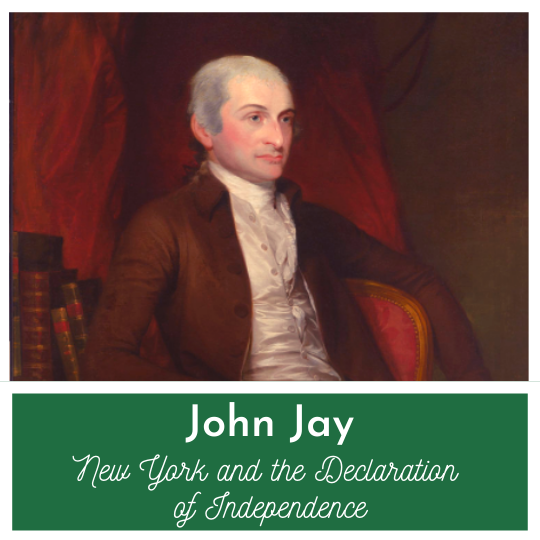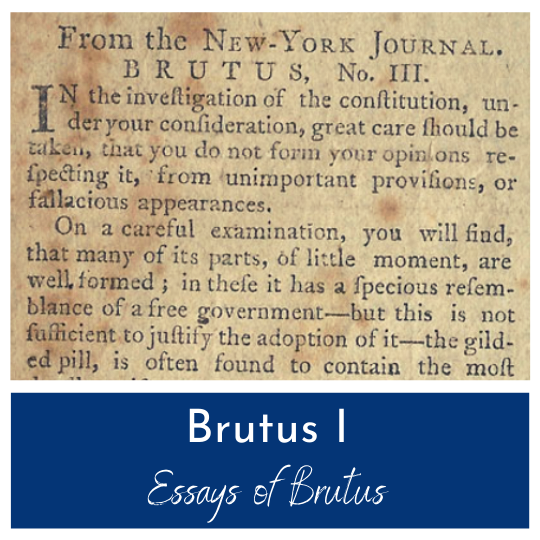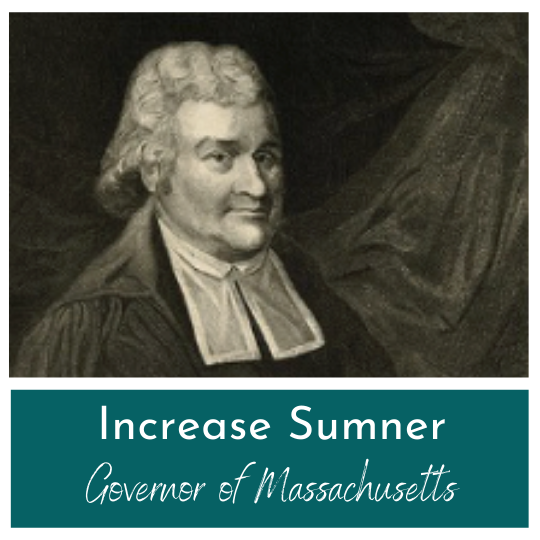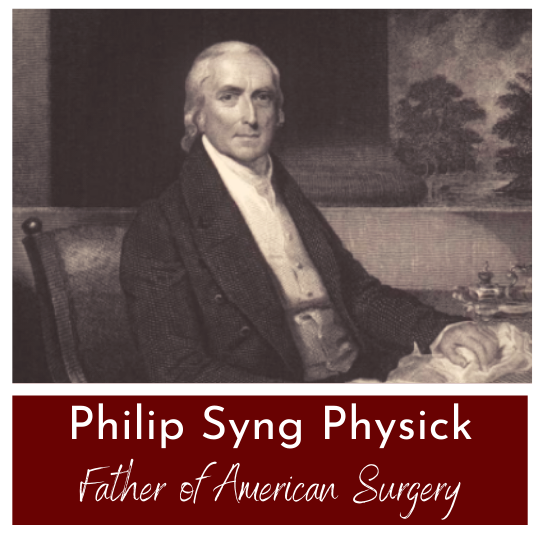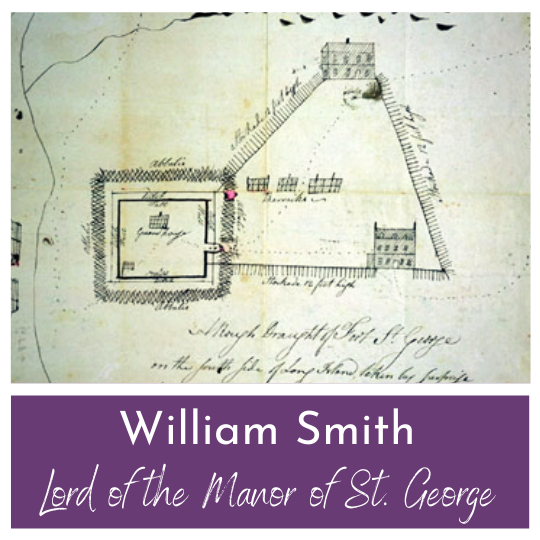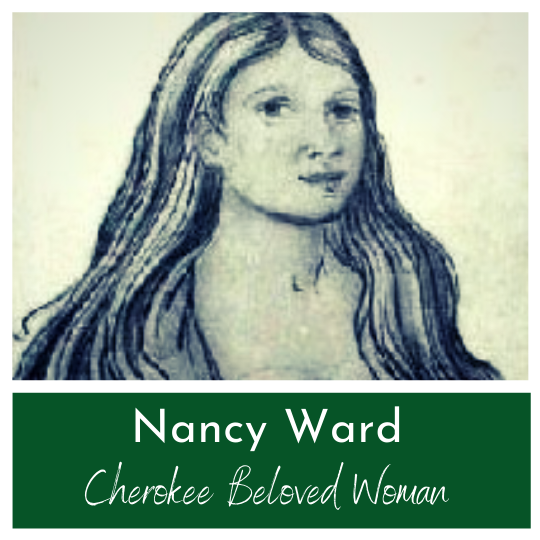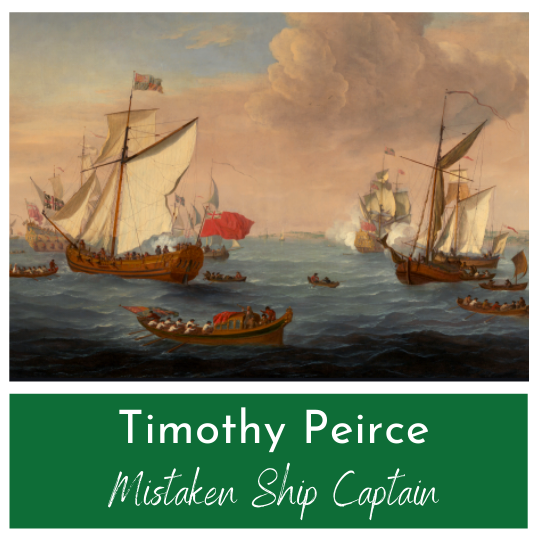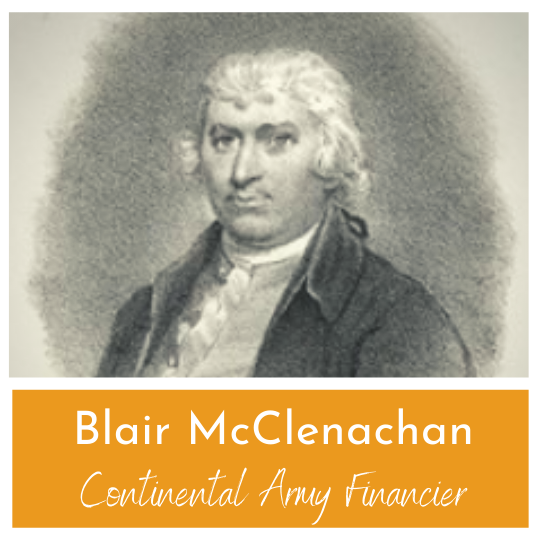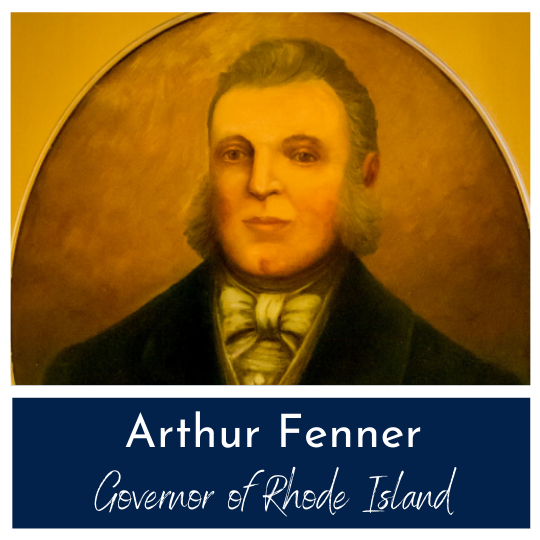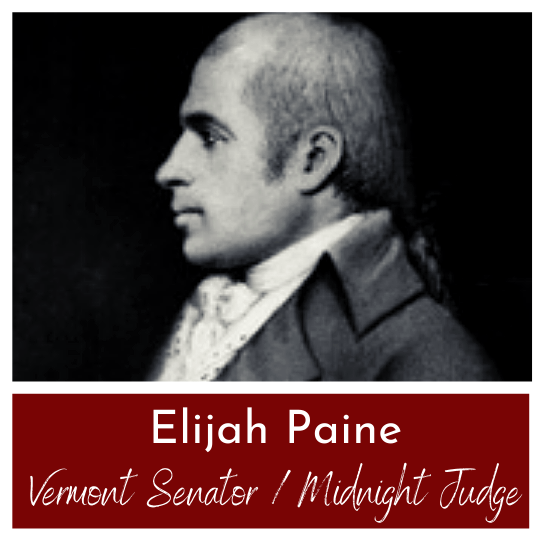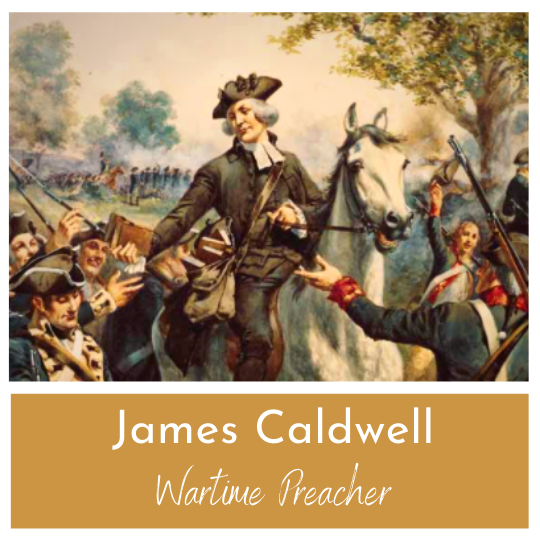John Jay had left the Continental Congress just months before the Declaration of Independence was signed, however, he took the lead in submitting New York’s approval of that document.
The Essays of Brutus - Brutus I
Brutus I was the first in an influential series of Anti-Federalist essays.
Increase Sumner and a Changing Massachusetts
Increase Sumner was a longtime Justice of the Massachusetts Supreme Court who spent his final years as Governor.
Philip Syng Physick - The Father of American Surgery
Philip Syng Physick is considered the Father of American Surgery.
William Smith's House Gets Turned Into A Fort
William Smith was the Lord of the Manor of St. George and a representative of downstate New York during its occupation by the British.
Beloved Mother - Nancy Ward Fights For Peace
Nancy Ward was a Cherokee leader who warned the Patriots of Native American attacks throughout the Revolutionary War.
Brutus is Coming - A Change to Anti-Federalist Fridays
My coverage of the Anti-Federalist Papers is about to begin a deep dive, starting with Brutus.
John Gibson's Indiana Territory
John Gibson was the long-time Secretary of the Indiana Territory who helped build it into a State.
Two Revolutionaries, One Ball - The Tragedy of James Witherspoon
James Witherspoon, a son of a Signer of the Declaration of Independence, was killed during the Battle of Germantown.
Timothy Peirce and The Gamecock Affair
While serving as a privateer, Timothy Peirce accidentally captured an American ship on returning with supplies.
An Out-Of-Pocket Revolutionary - Blair McClenachan
Blair McClenachan was one of the largest financial contributors to the American Revolution.
Impeaching Everyone - Joseph Taylor's Argument From North Carolina
Joseph Taylor was an Anti-Federalist who had the clearest argument against the way impeachment was presented in the Constitution.
Arthur Fenner Rejects Hamilton's Scheming
Arthur Fenner was the long-time Governor of Rhode Island when he would not be persuaded by Alexander Hamilton’s trickery.
Leaving the Senate at Midnight - Elijah Paine Becomes a Judge
Elijah Paine was a US Senator from Vermont who resigned to become one of John Adams’ midnight judges.
The Murder of a Patriot Preacher - The Tragedy of James Caldwell
James Caldwell was a New Jersey preacher who served with the militia during the Revolutionary War and in doing so suffered great personal losses.
That Time James Monroe Publicly Criticized Washington's Foreign Policy
When President Washington recalled James Monroe from France, the latter became one of the few politicians to criticize George publicly.
Alfred Uses John Adams' Success Against The Constitution
Alfred was the pseudonym of an Anti-Federalist author who argued that the form of government was not the biggest problem in late 18th century America, reckless spending was.
Uriah Tracy Defends President Washington's Foreign Policy
Uriah Tracy was a major Federalist politician at the turn of the nineteenth century.
Moses Cleaveland Journeys To Ohio
Moses Cleaveland was the head of a group that surveyed Ohio, and the city of Cleveland was given a misspelled version of his name.
Joseph Fenwick's Settlement - Catholic Immigration to Frontier Missouri
Joseph Fenwick led a group of Maryland Catholics to settle a tract of land in Missouri.
